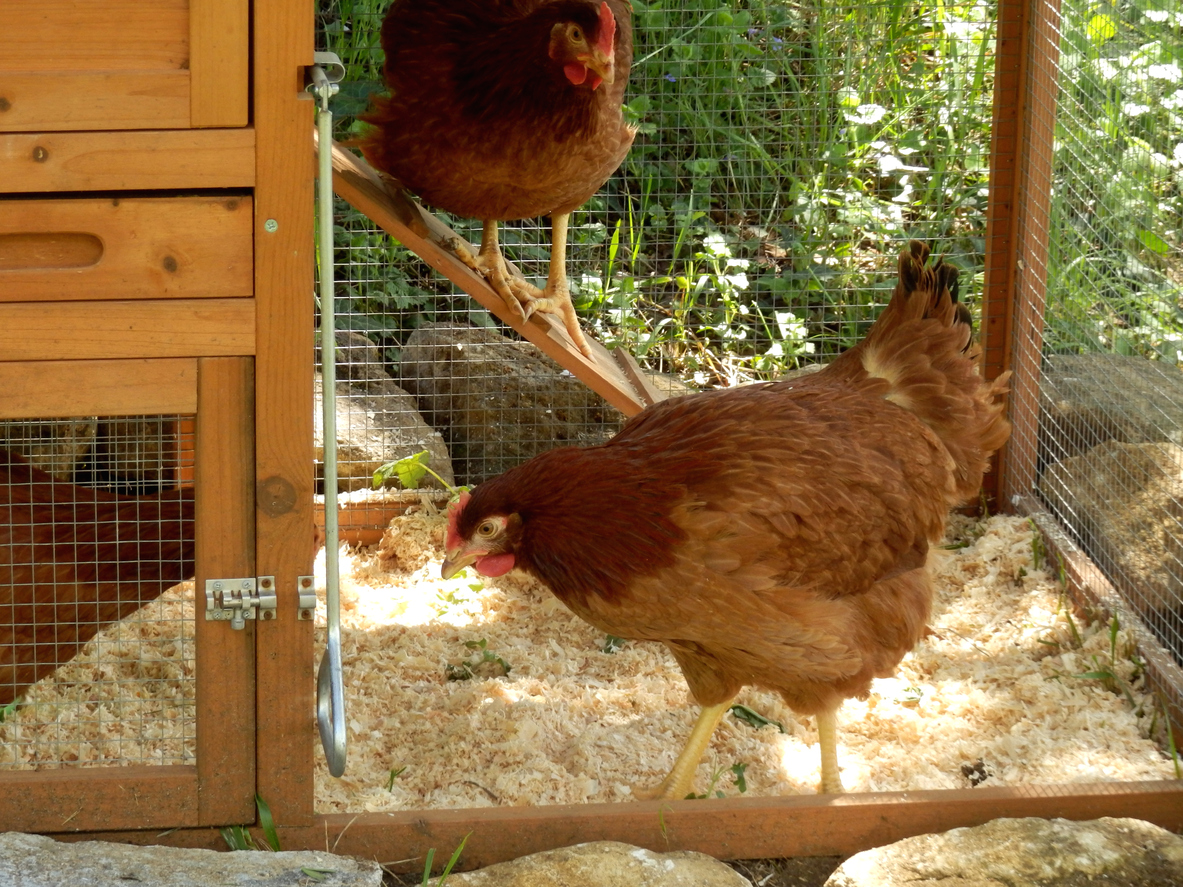Raising chickens can be a rewarding endeavor, especially when it comes to collecting fresh eggs each day. Many people ask, how to get more eggs from chickens? To enhance egg production, focus on several key factors. Making small yet significant changes to your chickens’ living conditions, diet, and care can lead to a greater yield of eggs.

Understanding Egg Production in Chickens
Before diving into the techniques to increase egg production, it’s essential to understand how chickens lay eggs. Several factors like breed, age, and environment influence their laying capabilities. Providing optimal conditions encourages the flock to produce more eggs.
Selecting the Right Breed
Some chicken breeds are naturally more prolific egg-layers than others. For example, Leghorns, Rhode Island Reds, and Sussex are among the top choices for egg production. Knowing which breed suits your needs can make a significant difference.
Feeding for More Eggs
Diet plays a crucial role in egg production. Ensure that your chickens receive balanced nutrition with high-quality feed. Consider adding supplements such as calcium and protein to improve the quality and quantity of eggs.
Protein-Rich Diet
Increasing the protein content in the chickens’ diet can lead to more eggs. Protein is vital for the development of eggs, and you can provide it through mealworms, fishmeal, or commercial feed blends.
Calcium Supplements
For strong eggshells, calcium is crucial. You can introduce calcium supplements such as crushed oyster shells or limestone in their feed.
Providing Adequate Living Conditions
Comfortable and clean living conditions significantly affect a hen’s ability to lay eggs. Ensure chickens have enough space, clean nesting boxes, and a secure environment free from stressors.
Lighting Conditions
Chickens require adequate light, mimicking natural day lengths, for optimal egg production. Consider adding lights to simulate a day length of about 14 hours, especially during winter.
Temperature Management
Keeping chickens warm in the winter and cool in the summer helps maintain a steady egg production. Use heaters or fans as needed to regulate coop temperature.
Handling Chicken Health Issues
Frequent health check-ups and vaccinations are crucial for keeping your flock healthy and productive. Sick chickens generally lay fewer eggs, so monitor for common diseases and consult a vet when necessary.
Combating Stress in Chickens
Alleviating stress can significantly improve egg production. Stressors like predators, noise, or aggressive flock mates can disrupt a hens laying cycle.
Using Supplements Wisely
Supplements can aid in increasing egg production, but they should be used with care. Avoid over-supplementation, which can harm your chickens health.
Regular Cleanliness and Nesting Box Management
Regular cleaning and maintenance of nesting boxes enhance egg production. Keep nesting materials fresh and dry to encourage hens to lay eggs there.
Introducing Proper Molt Management
During molting, hens generally pause egg production. Ensure they have enough nutrients to recover quickly and return to laying eggs.
Utilizing Technology in the Chicken Coop
Modern technology can help monitor and improve egg production. Automatic feeders and climate control systems help you maintain ideal conditions effortlessly.
The Role of Regular Chicken Interaction
Interacting with your chickens makes them more comfortable, reducing stress and leading to better egg production.
Long-Term Planning for Egg Production
Plan your flock rotation and manage the age of your chickens to maintain a steady supply of eggs. Incorporate new hens into the flock as older ones reduce production.
Understanding the Impact of Seasons
Seasons greatly influence egg production. During winter, production may decline due to reduced light and temperature variations. Using artificial lighting can combat this.
Implementing Eco-Friendly Practices
Eco-friendly and sustainable practices not only benefit the environment but can promote healthier chickens and more eggs. Composting and natural pest control are beneficial strategies.
Monitoring and Recording Egg Production
Keep a record of egg production to understand patterns and identify issues early. Evaluate data to make informed decisions about changes in the coop.

Connecting with Chicken Enthusiast Communities
Join chicken-raising communities online for tips and advice from seasoned farmers. Communities can offer solutions to common egg production problems.
For more insights on getting more eggs from your chickens, you can refer to nutritional guides on raising healthy poultry.
Frequently Asked Questions
- What is the best breed for egg production? Some of the top breeds for egg-laying include Leghorns, Rhode Island Reds, and Orpingtons, known for their high productivity.
- How does lighting affect egg production? Adequate lighting, mimicking natural daylight, is crucial. Chickens need about 14-16 hours of light daily to maintain egg production levels.
- What supplements can improve eggshell quality? Calcium supplements, such as oyster shells and limestone, are vital to ensure strong eggshells.
Within the chicken-raising community, there’s so much to learn and explore. For more on chicken care tips, visit additional resources at ChickenThingsAndMore.
This article contains affiliate links. We may earn a commission at no extra cost to you.










